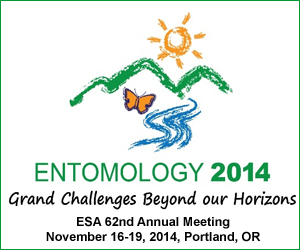Efficacy of aphicides on cotton aphids, Aphis gossypii, and their natural enemies
Efficacy of aphicides on cotton aphids, Aphis gossypii, and their natural enemies
Monday, March 3, 2014: 11:42 AM
Columbia/Charleston (Embassy Suites Greenville Golf & Conference Center)
The effects of various insecticides commonly used for aphid control in cotton were evaluated in the presence or absence of thiamethoxam insecticide seed treatments for control of cotton aphid, Aphis gossyppii. Additionally, the impacts of these insecticides were evaluated on common predators of the cotton aphid, most notably the convergent lady beetle, Hippodamia convergens. Thiamethoxam, as a seed treatment, prevented early aphid colonization, but was not highly effective as a foliar spray. The most effective foliar sprays were sulfoxaflor and acetamiprid. Lady beetle larvae were especially sensitive to acetamiprid and thiamethoaxam, and moderately sensitive to sulfoxaflor. Bioassays with lady beetle larvae suggest that direct exposure is the primary mechanism of exposure resulting in the greatest mortality relative to indirect exposure.
See more of: M.S. Student Oral Presentation Competition II
See more of: Student Ten Minute Paper Competition
See more of: Student Ten Minute Paper Competition
<< Previous Presentation
|
Next Presentation


